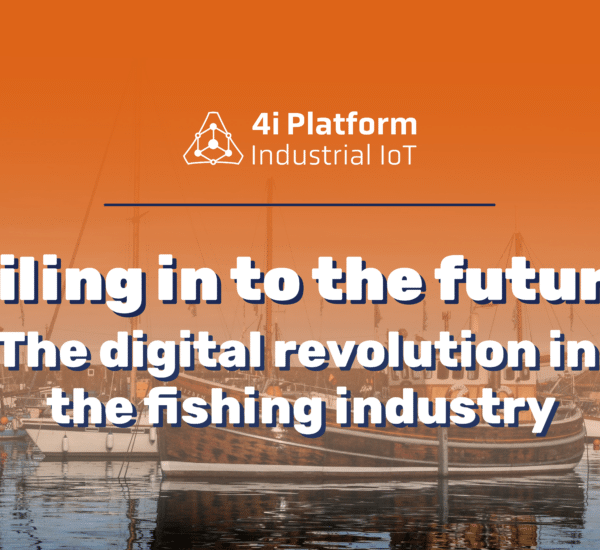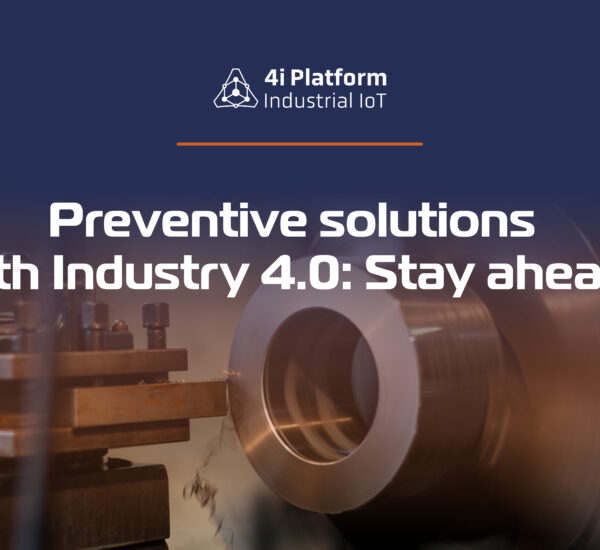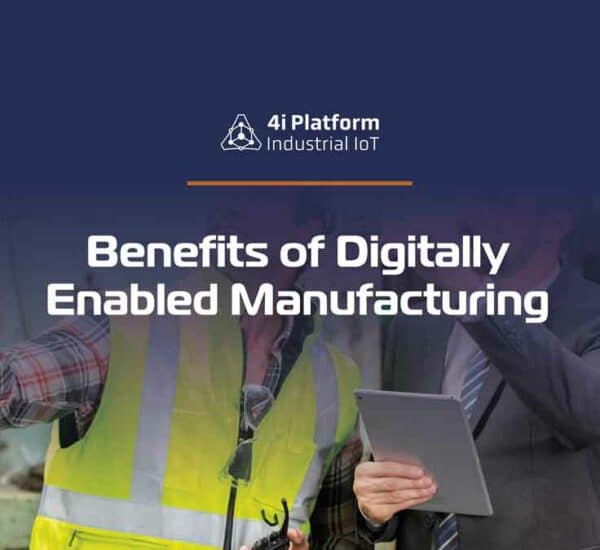The future development of IoT is already here and it has grown to be more than just a buzzword. It is a major force in many aspects of our lives, particularly in the manufacturing sector. IoT allows objects, machines, and devices to transmit data over a network, without the need for human intermediaries.
It is possible to attach sensors to almost every manufactured item, whether infrastructure or consumable. This will allow businesses to monitor performance and eliminate operations that do not add value to the manufacturing process.
Enterprise resource planning (ERP) software is making it feasible for manufacturers of all sizes to become IoT enterprises. Epicor ERP transforms the big data generated throughout your business into digestible, actionable insights.
The Future of IoT: M2M Automation
Smart sensors are embedded in almost every device and product manufactured today. This allows for communication between devices. These sensors enable IoT systems to communicate with each other and automate decisions such as sales forecasting and demand.
This is how it would look: You supply products to large-box retailers. Sensors built into shelves will link the IP address of smart devices to the unique identifier for products when buyers have them. It Will Creates an Opportunity.
If opportunity numbers fail to match sales forecasts, executives will be able to use BI and other software tools to specifically identify the issue.
Integrating M2M data with the enterprise software is the only way to fully capitalize on this automation. As a result, ERP can communicate with your machines and products, allowing users to monitor manufacturing performance and gain insights from one system.
Privacy and Security
Authentication is essential in all IoT areas, including cloud, network, and software applications. Opposite to popular belief, with the future development of IoT, cloud networks are less prone to data breaches than on-premises data exchanges.
As a result, more companies invest in information assurance (IA), security for these networks will likely improve. It is important to be aware of security processes and how they influence IA.
As this trend becomes more ingrained in corporate culture, many of the problems businesses see today will be reduced.
Design of Product
Consumers want easier access to services and products. The desire of having greater access to objects and networks is becoming possible with this technology.
Although we often associate applications with smart devices, sensors can be embedded in almost everything. These sensors allow manufacturers to monitor everything, so, it is possible to optimize the product design to satisfy consumer needs.
IoT Data Broker
According to some estimates, the future of IoT will allow 30 percent of businesses to access big-based data only through brokerages. Big business is data brokers. Therefore, these companies can collect personal information from consumers and share it with businesses for a variety of reasons.
These personal data can be linked with one or more IP addresses of smart devices consumers use every day. Businesses will then be able to access these consumer attributes and combine them with similar insights to create profitable distribution channels, segments, and micro-markets.
Manufacturers will need to find a way to ethically exploit customer insights and needs.
Analytics of the IoT Supply Chain
The combined powers of IoT and ERP offer unparalleled visibility into the supply chain. The location of your supplies and goods is always available to users thanks to sensors and other devices.
Epicor ERP software, which is a highly sophisticated ERP solution, uses IoT technology to share and analyze data across the enterprise. This allows your company to make better decisions together, on everything from stocking to quality controls.
Epicor processes the vast amount of data from your devices, machines, and sensors. So, this allows you to spot potential risks, monitor performance, and make predictions. All in the name of strengthening your business.
Take A Bow with the Future Development of IoT
In conclusion, manufacturers will decide in the coming years how to incorporate IoT in their business processes. The future of IoT allows companies to streamline valuable processes, eliminate wasteful processes and improve customer service.
Businesses can also benefit from IoT technology by enhancing security and loss prevention. Before embracing IoT technology, manufacturers need to consider several things, such as:
- How can companies plug big data into their existing enterprise software?
- What should they do with all this data?
- How will enterprise software fit into all this?





